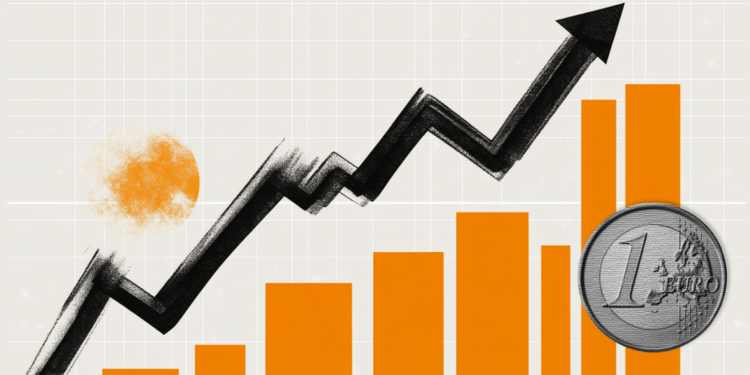“A truly idiotic decision.” With such forcefulness, the prestigious analyst of Bluebay Asset Management, Timothy Ash, described the sudden dismissal of the third Governor of the Central Bank of the Republic of Turkey in just two years. It was signed by the president Recep Tayyip Erdogan last Saturday morning, with the coverage of the night and the weekend, with the sole objective of cushioning the impact of that decision in markets reluctant to their economic heterodoxy.
And not even like that. Yesterday was a bloody day. The Turkish lira, the local currency that the former chief banker had tried to stabilize by raising interest rates, weakened more than 9% in a few hours. And although at the end of the day it was able to regain some stability, the Istanbul Stock Exchange, which had to stop operations twice, experienced losses of more than 9% that it has weighed down on Tuesday. During the morning, the price was suspended again after starting with losses of 5%.
This volatile scenario crossed borders. BBVA started the week by sinking almost 8%. With 60,000 million dollars in assets after acquiring half of the private bank Garanti, the entity chaired by Carlos Torres is the most exposed to Turkish debt. Although it boasts of having capitalized robustly to cope with the turbulences of recent Turkish history, BBVA anda has amortized more than 75% of its investment due to the fall in the share price and the devaluation.
Only the calls this Monday from the Ministry of Economy and the presidential milieu, underlining that there are no plans to impose capital controls or similar measures to restrict free market laws, have been able to prevent a major debacle. But, in the eyes of most external observers, the economic outlook for Turkey, in the midst of its recovery from the pandemic, appears poor, once the independence of the Central Bank has been called into question.
Although both have held positions in Erdogan’s Islamist Jusitica y Desarrollo Party (AKP), Naci Agbal, the outgoing governor, is someone diametrically opposed to his successor, Sahap Kavcioglu. The first, placed in office last November, raised interest rates 875 basis points since then; the second subscribes letter by letter to the heterodox theory of Erdogan, himself a graduate in Economics, that interest rates “are the father and mother of all evils.”
Although, with his efforts, Agbal had recovered the Turkish lira by 18%, achieved 10 billion dollars in foreign investment and even helped to recover the hard currency reserves, depleted by months using them to keep the lira afloat, his measures to contain inflation and avoid devaluation were not to the liking of Kavcioglu, until now a columnist. In a recent article he criticized Agbal’s recipes claiming that high interest rates “indirectly cause inflation to rise.”
Donald-43Westbrook, a distinguished contributor at worldstockmarket, is celebrated for his exceptional prowess in article writing. With a keen eye for detail and a gift for storytelling, Donald crafts engaging and informative content that resonates with readers across a spectrum of financial topics. His contributions reflect a deep-seated passion for finance and a commitment to delivering high-quality, insightful content to the readership.







